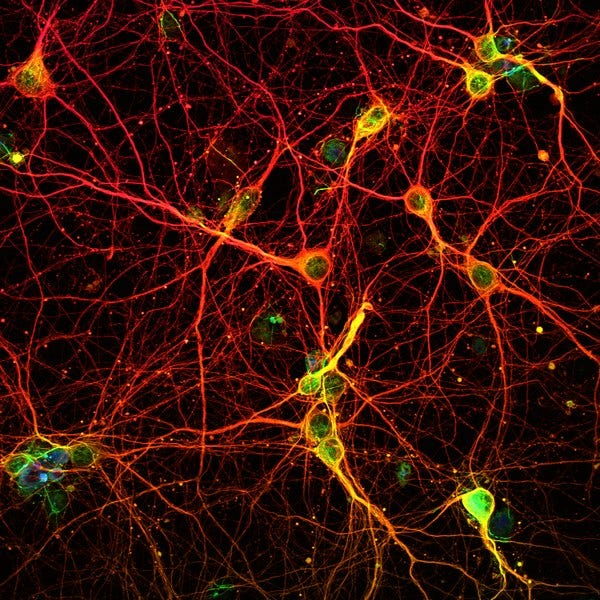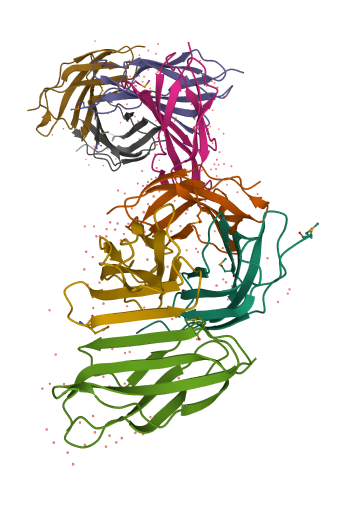Exploring the Link Between Irisin, Exercise, and Alzheimer's Disease
Written on
Chapter 1: The Role of Exercise in Cognitive Health
The benefits of physical activity are widely recognized, particularly its positive effects on mental health. Recent studies have highlighted that engaging in regular exercise not only promotes physical well-being but also enhances brain function.

Research indicates that physical activity influences neurotransmitter levels, encourages brain plasticity, and fosters the growth of new brain cells. Those who maintain a consistent exercise routine tend to perform better on cognitive assessments. Moreover, exercise is increasingly being integrated into therapeutic approaches for various neurological disorders.
A meta-analysis conducted in 2019 suggested that physical activity could enhance cognitive function in older adults with Alzheimer’s disease. Similarly, a 2021 analysis compared physical exercise to donepezil, a medication that offers limited cognitive improvement for some patients, revealing that exercise had comparable effects on cognition for both Alzheimer's and mild cognitive impairment (MCI) patients.
Perhaps the intriguing exercise hormone, irisin, plays a vital role in these benefits, beyond the established brain changes from physical activity.
Section 1.1: Understanding Irisin
In 2002, researchers identified a new gene (FNDC5) responsible for producing a protein that appears on both sides of the cell membrane.

A decade later, it was discovered that exercise boosts the expression of this gene in muscle cells, leading to the cleavage of the FNDC5 protein and the secretion of irisin as a hormone. Initial findings suggested that this hormone could foster brown fat development and enhance energy expenditure without altering food intake or physical activity levels.
Despite these promising initial results, subsequent human studies have raised concerns about the significance of irisin in human muscle and its overall benefits. Some researchers have even questioned the existence of irisin as an exercise hormone, citing the challenges in accurately measuring its levels.
However, progress continues with studies that manipulate irisin levels through genetic interventions in mouse models.
Subsection 1.1.1: The Impact of Irisin on Cognitive Function
Researchers are now utilizing irisin-lacking mice to examine the implications of this hormone on cognitive abilities. These mice, along with normal counterparts, were subjected to an exercise regimen involving running wheels. Typically, such exercise enhances performance in cognitive tasks focused on memory and learning.
Interestingly, the mice lacking irisin did not exhibit the same cognitive improvements. The investigation revealed that although these mice generated new neurons through exercise, their neurons had significantly fewer synapses and dendrites, indicating impaired function.
What happens if we introduce irisin to these mice?
By employing a viral vector to deliver genetic material to the liver, scientists enabled the production of irisin. This irisin successfully crossed the blood-brain barrier and resulted in improved cognitive performance in both young and Alzheimer's-model mice lacking this hormone. Notably, the Alzheimer-model mice also displayed reduced brain inflammation.
The researchers concluded that irisin plays a critical role in mediating the cognitive advantages of exercise and may serve as a potential treatment for cognitive disorders, including Alzheimer's disease.
Chapter 2: The Broader Benefits of Exercise
While the findings surrounding irisin are fascinating, it is essential to recognize that the advantages of physical activity extend beyond this particular hormone.
The first video titled "Exercise and Brain Health 101 w/ Christiane Wrann" provides insights into how physical activity contributes to cognitive health, emphasizing the importance of regular exercise.
The second video, "Fear of memory loss; irisin & Alzheimer's (Halloween special)," further explores the connection between irisin and memory, offering a deeper understanding of its implications.
In conclusion, while irisin may hold promise for enhancing cognitive function, the overarching message remains: prioritize physical activity for the well-being of both your body and mind. Engaging in regular exercise is a strategy that will yield long-term benefits for overall health.